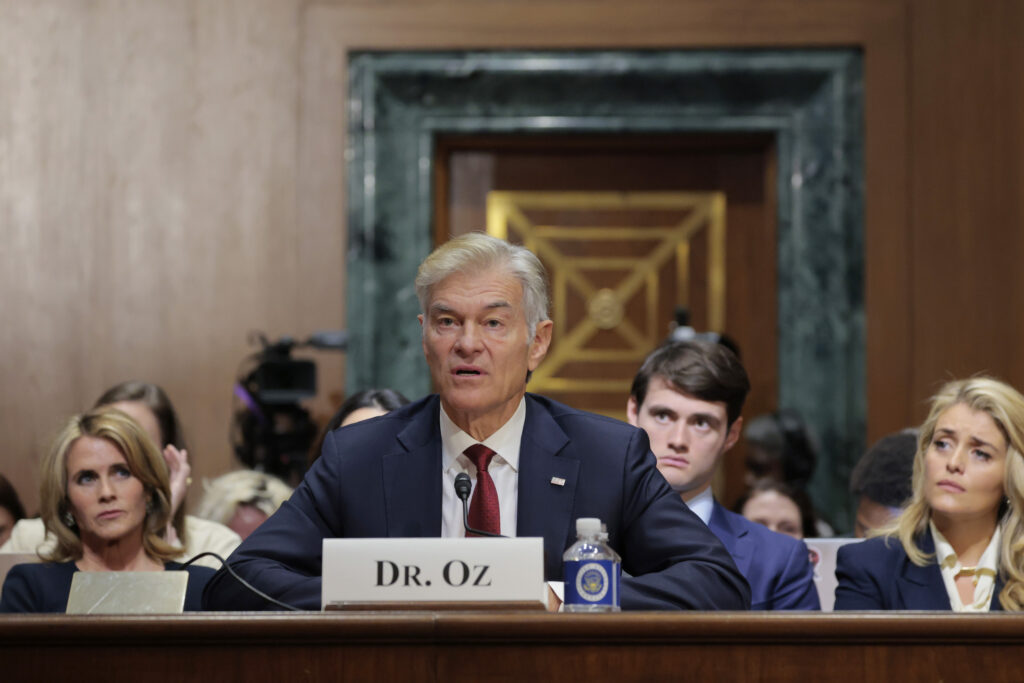The Centers for Medicare and Medicaid Services (CMS) announced late Friday that it will not cover medications like Zepbound and Wegovy under Medicare’s Part D prescription drug program, which primarily serves individuals aged 65 and older.
Newsweek reached out to CMS via its website on Friday night for comment.
Why It Matters
In late November, following Donald Trump’s re-election, outgoing President Joe Biden proposed a rule that would have expanded coverage for these drugs. However, the rule was not expected to be finalized before Trump returned to office in January.
What to Know
Medicare, the federal health insurance program for people aged 65 and older or those with certain disabilities, currently covers GLP-1 medications like Eli Lilly’s Mounjaro and Novo Nordisk’s Ozempic when prescribed for conditions such as diabetes. However, it does not cover the versions of these drugs that are specifically approved for the treatment of obesity.
Injectable weight-loss treatments have surged in popularity, largely because of the significant, often life-changing results some patients experience. However, many insurers, employers, and other payers have been hesitant to cover the drugs due to their high cost—often hundreds of dollars per month—and the large number of potential users.
President Biden’s proposal aimed to expand coverage through all state and federally funded Medicaid programs for low-income individuals, with an estimated price tag of up to $35 billion over the next decade. Supporters of the plan argue that covering obesity treatments could actually save money in the long run by preventing costly health issues such as heart attacks and other complications linked to obesity.
More than a dozen state Medicaid programs already cover the drugs.
U.S. Health Secretary Robert F. Kennedy Jr. has previously stated that the nation should address obesity by promoting healthy eating habits rather than relying on medication.
What People Are Saying
Lilly said in a statement: that it “will continue to work with the Trump Administration and Congressional leaders to ensure people living with obesity are covered by Medicare and Medicaid and are no longer left behind.”
A Novo Nordisk spokesperson told Reuters: “Today’s announcement was limited,” but the company hopes the Trump Administration would soon finalize the definition of obesity. “It is essential that CMS regulations are aligned with current medical science – and that means recognizing obesity as a serious chronic disease.”
Bernstein analyst Courtney Breen told Reuters: that dropping of the proposal was “not surprising,” adding that with “pharmaceutical tariffs under negotiation, this is not the time for the administration to give without getting.”
What Happens Next
CMS, led by Dr. Mehmet Oz, also announced it would not proceed with two additional proposals. One would have required Medicare providers to evaluate their healthcare utilization policies through a health equity lens. The other aimed to establish safeguards around the use of artificial intelligence tools, amid growing concerns that such technologies may be used to deny or delay patient care.
Reporting by the Associated Press contributed to this story.
Update: 4/4/25, 7:13 p.m. ET: This article has been updated with additional information.
Read the full article here
